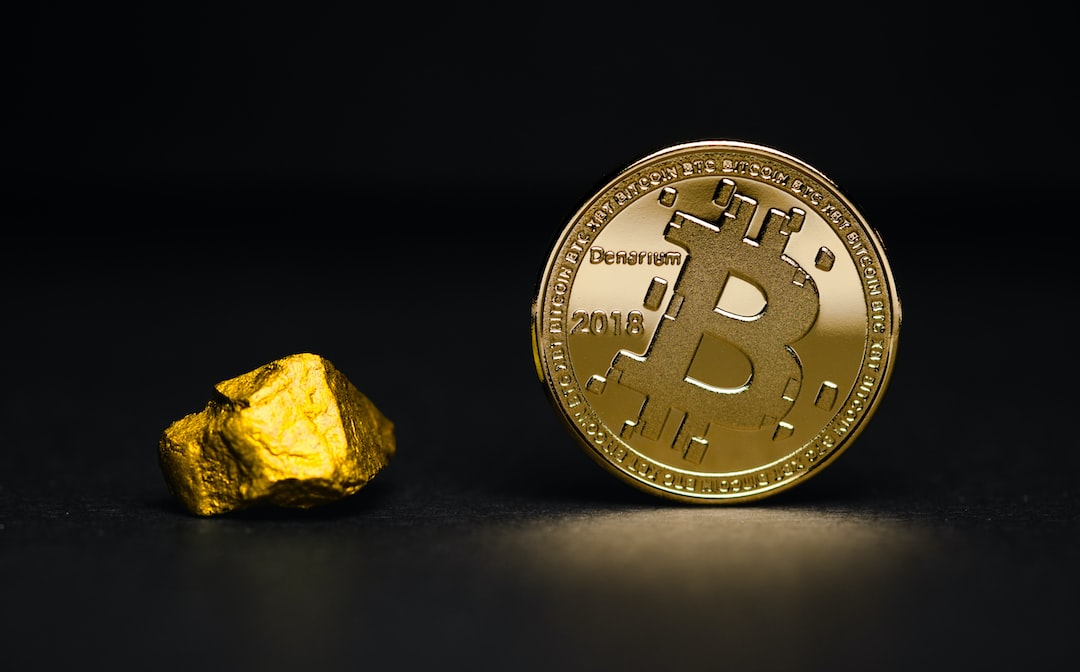Gemini Requests Bankruptcy Court to Invalidate Genesis’ Claims to GBTC Shares
Crypto exchange Gemini has sent a letter to a federal judge, urging the bankruptcy court to dismiss any claims made by Genesis Global, a defunct crypto lender, over a stash of Grayscale Bitcoin Trust (GBTC) shares. The ongoing legal dispute between the two entities revolves around ownership of approximately 60 million GTBC shares, which Genesis offered as collateral. Gemini argues that these shares, valued at $1.6 billion, should be used to compensate its Earn program users who have been unable to withdraw funds since late 2022 due to Genesis freezing withdrawals. Gemini also highlights that these assets rightfully belong to Earn customers and could be used to repay Genesis’ creditors during its bankruptcy proceedings.
Legal Battle and Allegations of Fraud
The conflict between Genesis and Gemini stems from the collapse of FTX and subsequent insolvencies of various crypto entities. In addition, both companies faced lawsuits from the U.S. Securities and Exchange Commission (SEC) for unauthorized securities sales through the Earn program. Furthermore, New York Attorney General Letitia James filed a $1 billion civil lawsuit against Gemini, Genesis, and Digital Currency Group (DCG) for their alleged involvement in defrauding American investors. Gemini co-founders Cameron and Tyler Winklevoss have also sued DCG CEO Barry Silbert and his companies on charges of fraudulent activities.
Hot Take: Gemini Seeks Justice for Earn Users
Gemini’s legal action against Genesis demonstrates its commitment to protecting the interests of its Earn program users. By requesting the bankruptcy court to invalidate Genesis’ claims to GBTC shares, Gemini aims to secure assets that rightfully belong to its stranded users. This move aligns with the company’s efforts to rectify the fallout from the insolvency crisis that affected various crypto entities. Gemini’s legal battles, including the ongoing dispute with Genesis and the lawsuits filed by regulatory authorities, highlight the need for stricter oversight and compliance within the cryptocurrency industry. Ultimately, this case could set a precedent for future disputes and contribute to the establishment of stronger regulations to safeguard investors and users in the crypto space.





 By
By
 By
By
 By
By
 By
By

 By
By